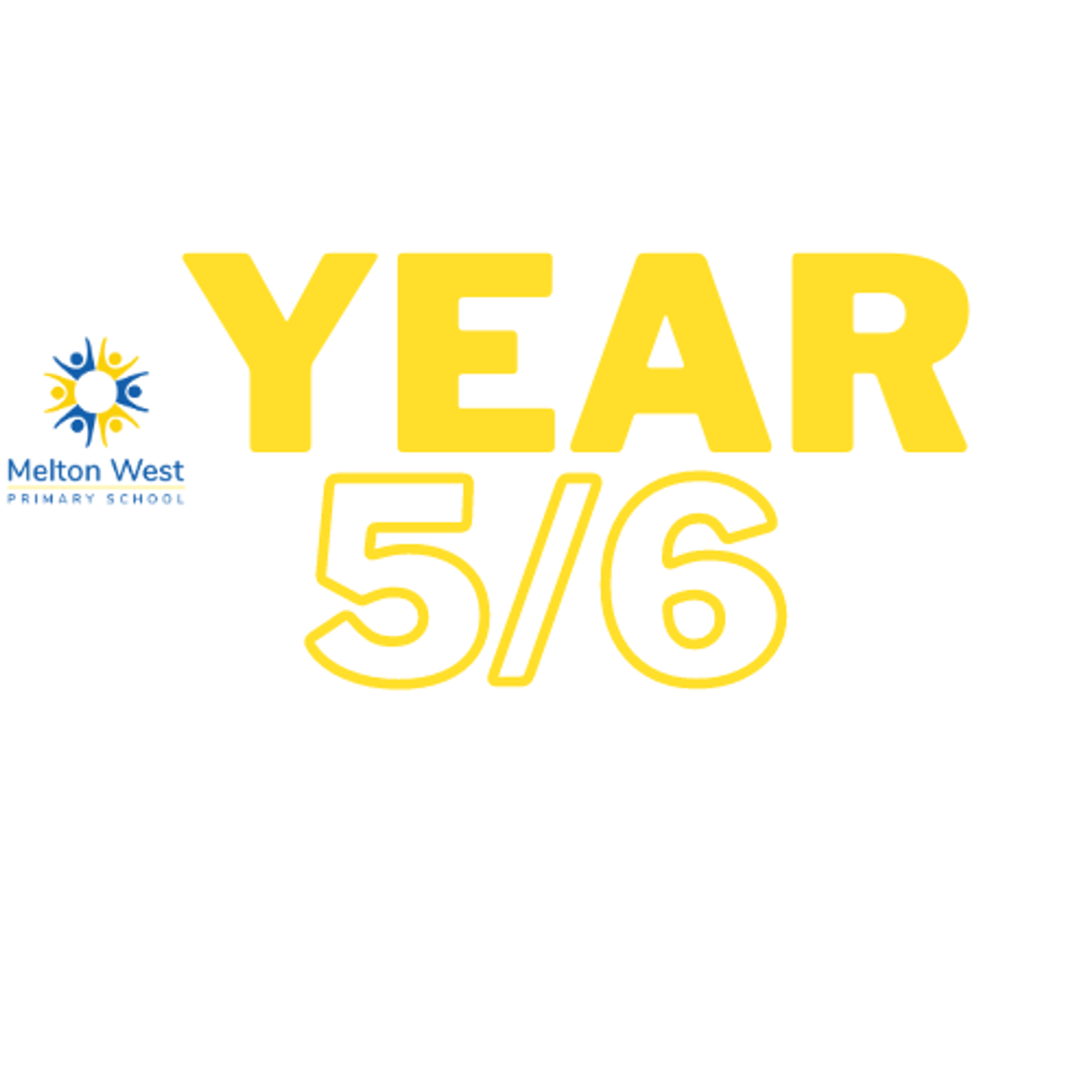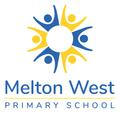Year 5/6 News

ENGLISH
Reading:
This term in Reading, the Grade 5/6 students will dive into a unit focused on analysing and critiquing texts through an in-depth author study of Chris Van Allsburg. They will engage with a variety of his books, examining both his writing and illustration techniques. To begin, students will demonstrate their current skills in text analysis by interpreting an image from one of Van Allsburg’s works. Over the course of the term, they will investigate different language features, text structures, themes, and the unique ways Van Allsburg crafts his stories and illustrations. Working collaboratively with teachers and peers, students will discuss and evaluate the style, tone, mood, and visual strategies that define Van Allsburg’s masterpiece. Additionally, they will also take a closer look at the visual elements used in his books, ultimately critiquing these texts by assessing their overall quality and effectiveness as both stories and works of art.
Writing:
In Writing this term the grade 5/6 students will be focusing on a unit around Biographies and Autobiographies. The students will begin the topic by being immersed in a range of examples of the text type. They will then work with the teacher to deconstruct a biography and an autobiography, focusing on its structural features and language. The students will practice writing an orientation that clearly introduces their topic, grouping related information into well-sequenced paragraphs and finishing their text off with a concluding statement. The students will work on including facts, figures and statistics when appropriate to support their writing and quoting direct evidence from different sources. To extend their work, the students will look at adapting a text to suit different audiences and comparing people and ideas within their texts. The students will work on following the writing process by planning, drafting, revising and editing their work before producing their published copies.
MATHEMATICS
In Mathematics this term, students will explore a range of topics such as, division, fractions, decimals and percentages, algebra, probability, capacity and transformations. The students will begin the term by applying efficient mental computation strategies to solve division problems. Next they will revise their previous learning of fractions and decimals so that they can make the connection with percentages. They will then have the opportunity to apply fractions, decimals and percentages in everyday contexts, for example, looking at sales in retail. In capacity, students will solve problems using capacity and reading measurements. They will learn to use the correct units of measure, compare different quantities and convert between units. Next students will learn about algebra, where they will find unknown values in numerical equations involving brackets and combinations of arithmetic operations. In probability, students will identify possible outcomes of chance situations. They will also prepare and conduct simple probability experiments, where students will observe and record their results. Lastly, in the topic of transformations, students will describe and perform transformations of various shapes through translation, rotation and reflection.
INQUIRY
In Inquiry this term, students will explore how global connections influence our perceptions of people and places. They’ll examine how migration, media, and trade link countries together and shape how we understand other cultures. Early in the unit, students will investigate real-world examples of cultural exchange, such as food, fashion, and language, making connections to their own lives. They’ll compare these influences across countries to better understand global diversity. As the term progresses, they’ll shift focus to how perceptions are formed and challenged over time. Students will reflect on how different experiences and sources affect how people view others. Later, they’ll research a country of their choice, exploring its culture, environment, and connections to Australia. With teacher support, students will collect information, think critically, and present their findings clearly. By the end of the term, students will understand how connections shape perception and become thoughtful, informed global citizens.
SCIENCE
In Term 4, Grade 5/6 students will be focusing on Physical Science. Term 4’s unit is called ‘Electricity’. The curriculum focus for the unit is ‘Materials may be electrical insulators or conductors; energy can be transferred and transformed in electrical circuits where the components of a circuit play particular roles in the function of the circuit’.
The key concepts in this unit include:
Recognising the need for a complete circuit to allow the flow of electricity
Investigating different electrical conductors and insulators
Exploring the features of electrical devices such as switches and light globes
Investigating how moving air and water can turn turbines to generate electricity
Investigating the use of solar panels
Considering whether an energy source is sustainable
The inquiry questions are:
How does energy flow, and what can we do with it?
What is a circuit?
Are there different kinds of circuits?
How can we control circuits?
Where does electrical energy come from?
How can we make our electricity usage more sustainable?
LOTE - AUSLAN
Welcome to Auslan Term 4! During this term, Grade 5/6 will learn about: – Junk/Take Away Food, Telling the time, Around the House – Bathroom & Laundry, On the Weekend, Opposites, Handshapes #4, Going to the Beach, Sign Languages Around the World, Party time and Revision.
These new lessons will show signs being used in a variety of social settings, and we will explain that there are many sign languages used around the world.
As their knowledge increases, combining signs, fingerspelling & Mime/Constructed Action enables the students to extend their Auslan communication. Telling the time in Auslan will relate to many situations and combine to develop Auslan clauses or phrases.
The Auslan story in our revision lesson will provide the opportunity for the students to recall / ‘read back’ signs they had been taught during the term.
ART
In Term 4, the Year 5/6s will continue their learning in Art with a focus around the themes ‘Building’ and ‘Celebrating’. This will include activities that develop basic textile skills, use paper manipulation and origami techniques, and feature ourselves and our school environment through photography. To inspire our artwork, we will learn about the colourful and playfully staged photographs of Melbourne-based artist Atong Atem, originally from South Sudan. The students will experiment with various photo editing tools and programs to create their own expressive photographic scenes and montages.
We will also be preparing for our excursion to the Potter Museum of Art at Melbourne University, studying information and devising questions for our visit! I am excited to welcome the students back into the art room for our final term. We look forward to sharing our creations with you.
P.E.
Our Year 5/6 students will be taking part in mainly game-based learning for both hockey and rugby. The focus will be on refining their skills and making tactical decisions in game settings. Students will continue to develop their teamwork, communication and resilience while having plenty of opportunities to play and enjoy these sports together. Towards the end of the term, they will also join in our House Colours Day, where students can wear their house colours proudly and compete across a range of activities as a fun way to celebrate the end of the year.
